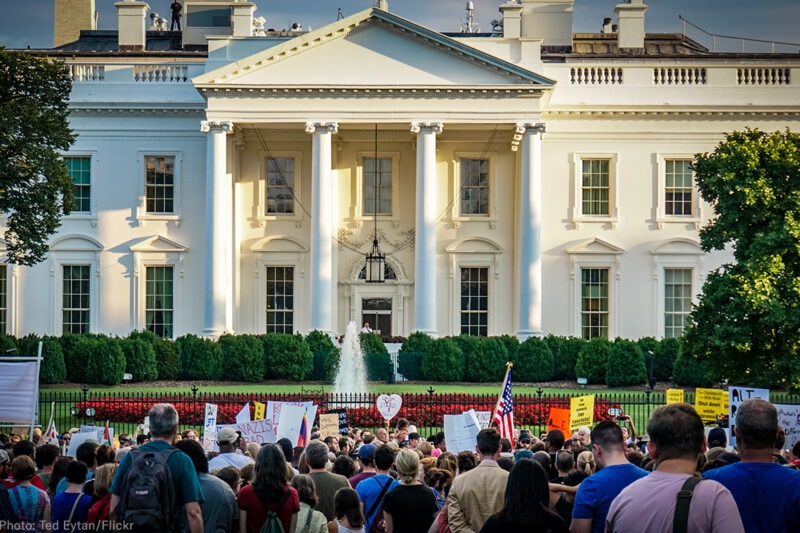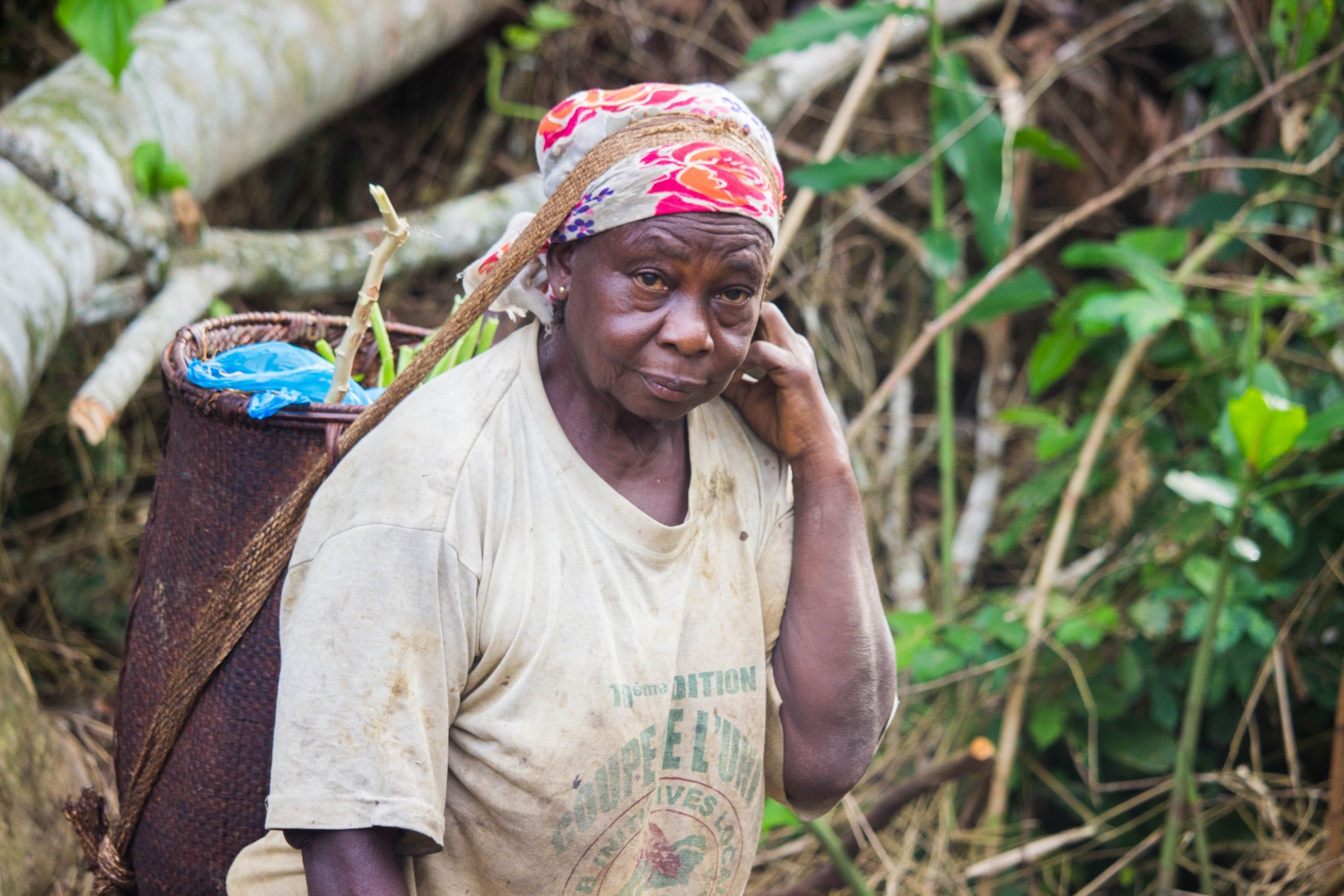Mexico has ushered in a new era of reproductive rights by decriminalizing abortion across the nation. This significant shift in Mexico’s legal landscape now ensures that individuals can make decisions about their reproductive health without fear of being penalized.
The Supreme Court Ruling
Mexico’s Supreme Court has declared the existing legal framework penalizing abortion unconstitutional, saying it infringed upon fundamental human rights. Notably, it ensures that no pregnant person or healthcare worker can face legal penalties for participating in abortion procedures. Additionally, it mandates that the public health service and all federal health institutions must offer abortion services to anyone who requests them. However, the decision doesn’t alter local laws that still criminalize the procedure.
La Primera Sala de #LaCorte resolvió que es inconstitucional el sistema jurídico que penaliza el aborto en el Código Penal Federal, ya que viola los derechos humanos de las mujeres y personas con capacidad de gestar.
— Suprema Corte (@SCJN) September 6, 2023
A Growing Movement
The historic ruling is not an isolated event but rather a part of a broader trend in Latin America. The region has witnessed a wave of changes aimed at expanding women’s rights, particularly regarding reproductive rights. The vibrant “Green Wave” (“Marea Verde” in Spanish) is a social movement advocating for reproductive rights in the Americas, and it has gained momentum over the years, challenging restrictive laws and pushing for progressive reforms.
Related articles: The Post-Roe Era Has Begun: What It Means for the US and the World | European Parliament Votes to Enshrine Abortion in EU Charter of Fundamental Rights | Conversations of Hope: Talking to Kids About Climate Change and The Environment
Mexico’s journey towards nationwide abortion decriminalization has been a gradual process. It began with Mexico City, which first decriminalized abortion fifteen years ago. Several states followed suit, with Aguascalientes being the most recent addition to the list. In total, access to abortion was possible in twelve Mexican states before the Supreme Court’s decision.
Implications and Future Outlook
In stark contrast to the overturning of Roe v. Wade in the United States, Mexico joins a broader movement in Latin America in a monumental victory for women’s rights and reproductive autonomy. As the country takes this historic step, it reaffirms the fundamental principle that reproductive health should be free from state interference.
Editor’s Note: The opinions expressed here by the authors are their own, not those of Impakter.com. — In the Featured Photo: A protester holds a sign at a rally that reads “Legal, Safe, and Free abortions”. Featured Photo Credit: Unsplash.














